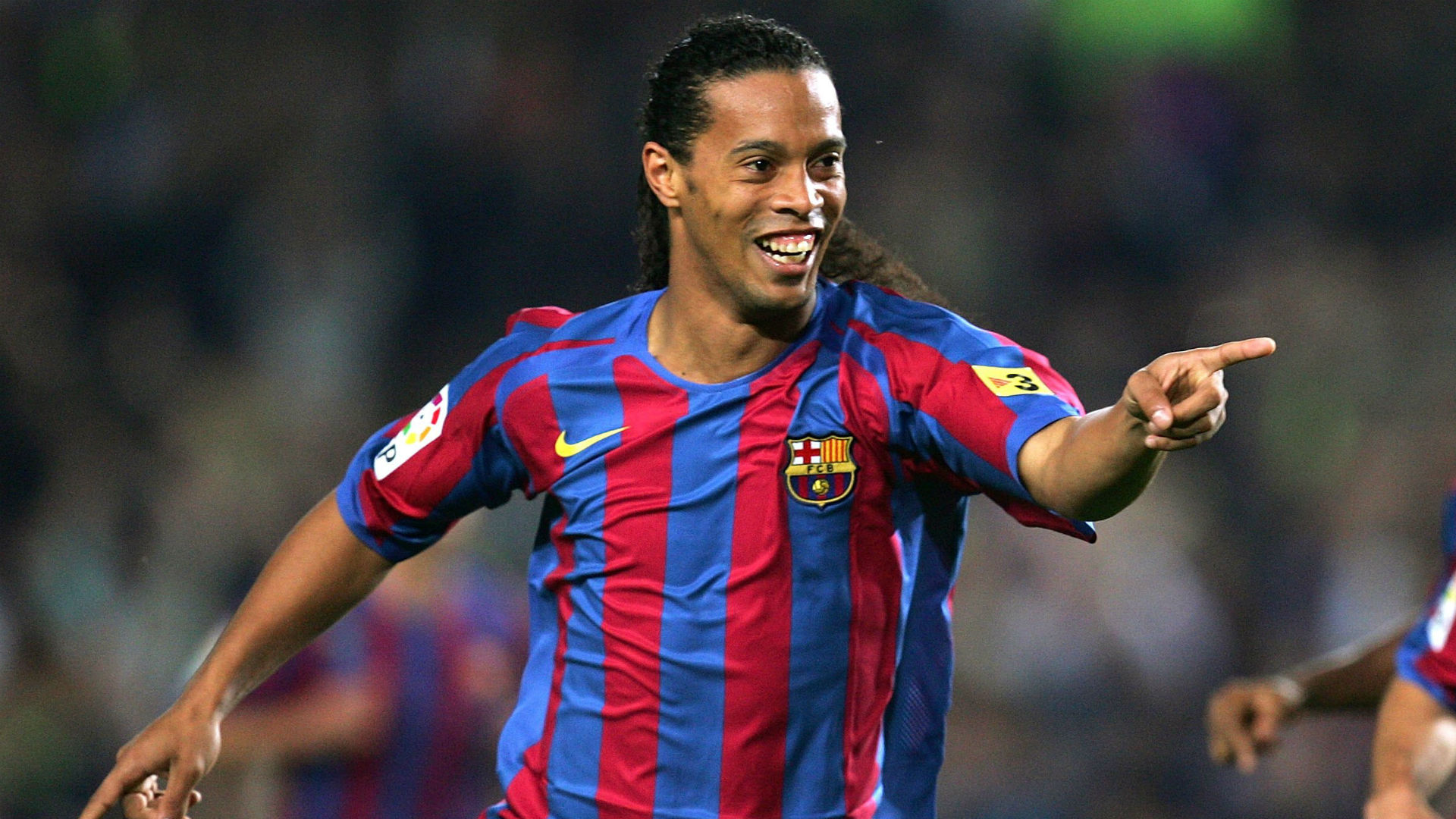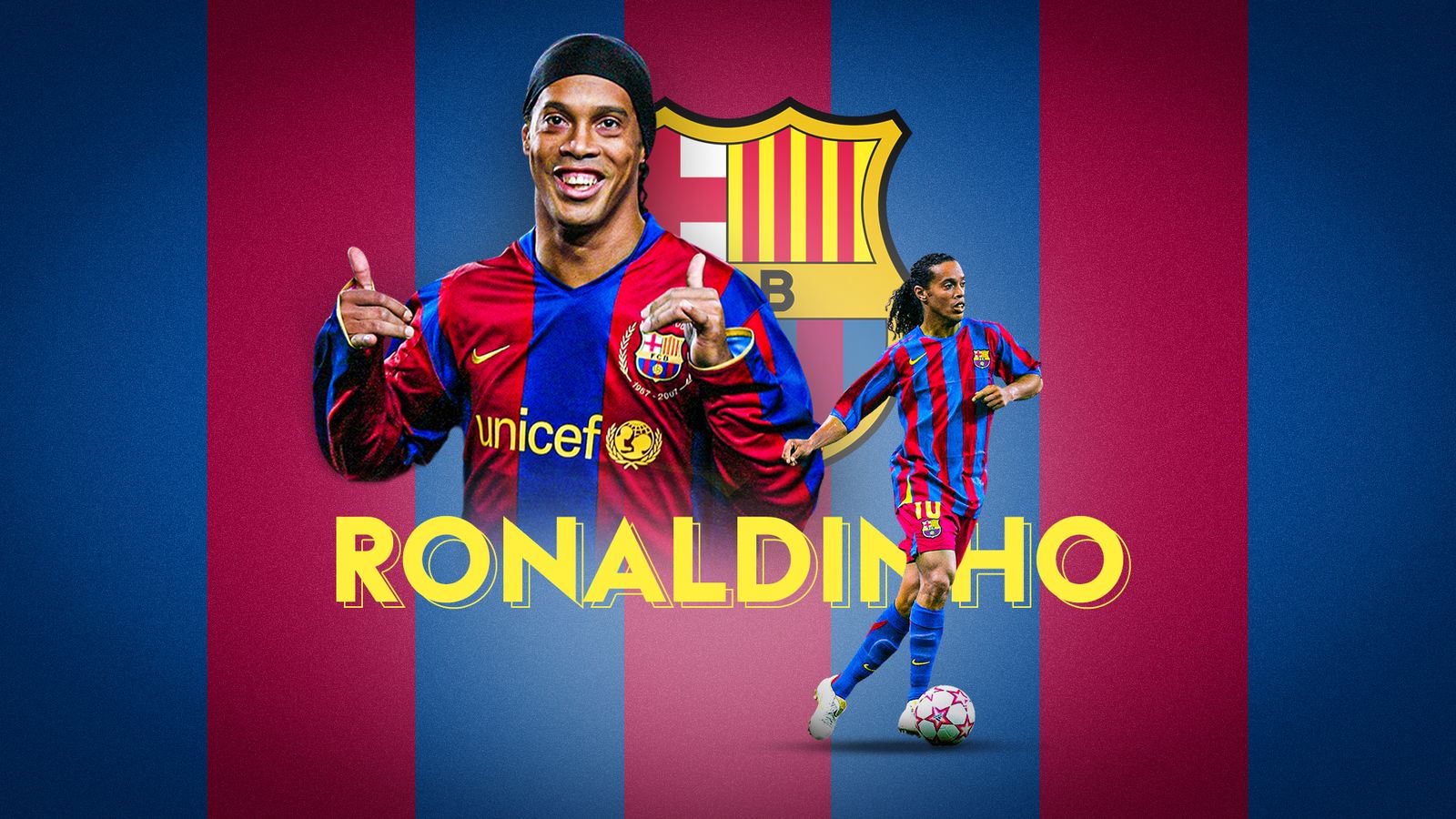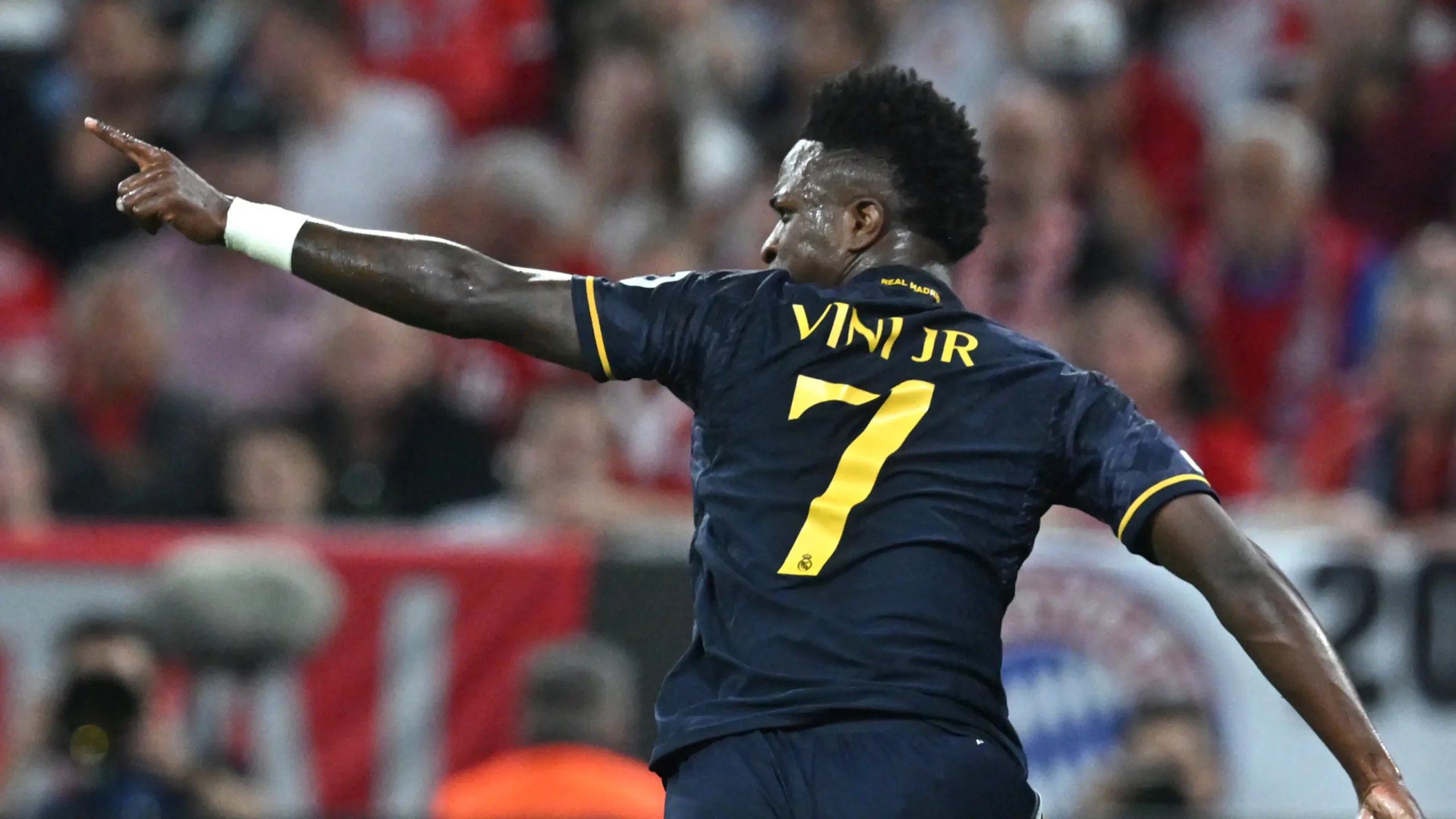Ronaldinho, the Brazilian football sensation, needs no introduction. His mesmerizing skills, infectious smile, and unparalleled talent have left an indelible mark on the world of football. In this blog post, we embark on a journey to uncover the captivating story of Ronaldinho’s life, from his early days in Brazil to his rise as one of the greatest footballers of all time. Along the way, we’ll explore some lesser-known facts and anecdotes that highlight the essence of the man behind the legend.
Early Life in Brazil
Born as Ronaldo de Assis Moreira on March 21, 1980, in Porto Alegre, Brazil, Ronaldinho grew up in a humble neighborhood surrounded by the rhythm and flair of Brazilian football. From a young age, he displayed exceptional talent and a deep passion for the beautiful game, honing his skills on the streets of his hometown.
Rise to Stardom
Ronaldinho’s journey to stardom began when he joined the youth academy of Grêmio, one of Brazil’s most renowned football clubs. His dazzling performances caught the eye of scouts, and he soon made his professional debut for the club at the age of 17. It wasn’t long before he became a household name in Brazil and caught the attention of European clubs.
European Odyssey
In 2001, Ronaldinho made the move to Europe, signing with Paris Saint-Germain (PSG) in France. His time at PSG was marked by breathtaking goals and moments of sheer brilliance, establishing him as one of the most exciting talents in world football. In 2003, he made a blockbuster transfer to FC Barcelona, where he would achieve legendary status.

Barcelona Glory Years
Ronaldinho’s spell at Barcelona was nothing short of magical. With his extraordinary skill and infectious charisma, he led the team to numerous titles, including two La Liga championships and the prestigious UEFA Champions League. His iconic goals, mesmerizing dribbles, and unforgettable celebrations endeared him to fans around the world.
International Success
On the international stage, Ronaldinho represented the Brazilian national team with distinction. Moreover, winning the FIFA World Cup in 2002 and the Copa America in 1999. His flair and creativity mesmerized audiences, earning him countless accolades and cementing his legacy as one of Brazil’s greatest footballing icons.
Off the Field
Beyond his exploits on the field, Ronaldinho is also known for his philanthropy and larger-than-life personality. He has been involved in various charitable endeavors, using his platform to give back to his community and support causes close to his heart. Despite his fame and success, he remains humble and grounded, earning the admiration of fans worldwide.
Retirement and Legacy
After a storied career that spanned over two decades, Ronaldinho officially retired from professional football in 2018. However, his impact on the sport continues to resonate, inspiring future generations of footballers and captivating audiences with his timeless skill and flair. Today, Ronaldinho’s legacy transcends the game, symbolizing the joy and passion of football.
Unknown Facts
Ronaldinho was named after his father’s favorite musician, Ronaldo Bôscoli.
He was discovered by a scout while playing in a futsal tournament in his hometown.
Ronaldinho is known for his trademark toothy grin, which became his signature on and off the field.
He has been an ambassador for various humanitarian causes, including UNICEF and the United Nations Development Programme.
Ronaldinho is also a talented musician and has released several songs in Brazil, showcasing his passion for music.
Conclusion
Ronaldinho’s journey from the streets of Porto Alegre to the grand stages of world football is a testament to his talent. His impact goes beyond his achievements on the field. This goes to inspiring millions of fans around the world with his artistry, charisma, and infectious spirit. As we celebrate the legacy of Ronaldinho, we honor not just a footballer, but a cultural icon. This is the person whose influence will endure for generations to come.



